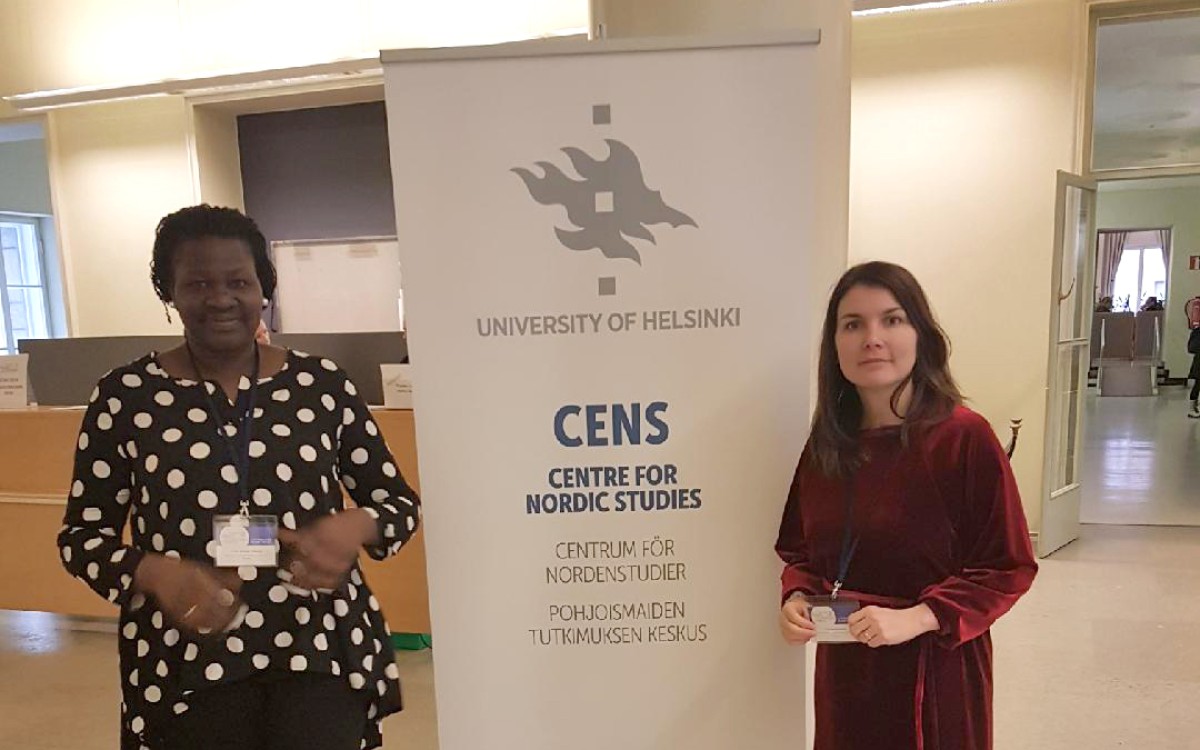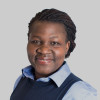Vestlandsforsking with 3 papers at #CENS 2018 in Helsinki

Vestlandsforsking presented 3 papers at the Second Nordic Challenge conference arranged by the Centre for Nordic Studies (CENS), University of Helsinki, running between 7‒9 March 2018.
This year’s theme was: Narratives of uniformity and diversity (#CENS2018). The backdrop for the conference lies in the fact that Nordic countries have a recognized place on the global scene. Continuously at the top in rankings in quality of life and a whole range of other surveys and a steady reputation as stable and prosperous societies form a main content in the perception of the Nordic. There is a global demand for knowledge about the Nordic societies. Whether it concerns the economics of the tripartite model or the politics of gender equality, welfare technologies, penal and other kinds of humanitarianism and Nordic cooperation, or the cultural innovations of New Nordic design, researchers and policymakers from across the globe see the Nordic region as a dynamic research object with ideas worth probing.
It is within this background that Vestlandsforsking represented by Carol Azungi Dralega and Zuzana Nordeng presented their papers in sessions “Women in the Nordic Labour Market” and “Public health policy in Norden” (presented on Women’s day). Carol presented two papers sharing some findings from the Nordic Centre of Excellence project ‘Beyond the gender paradox – women’s tech-driven careers in and outside academe’ funded by Nordforsk. The presentations offer insights into women’s tech-driven career trajectories and histories within the fields of research, innovation and the media. The focus is rural and sparsely populated region of Sogn og Fjordane. Zuzana’s presentation addresses Europeanisation of health care systems in Europe with special regards to implementation of EU Rules on Cross-Border Care in Norway.
Presentations in brief
Presentation 1: Zuzana Nordeng – ‘Europeanisation of health care systems: implementation of EU Rules on Cross-Border Care in Norway’ (Abstract)
This contribution studies the implementation of the EU’s Patients’ Rights Directive in Norway. Focus is on compatibility or differences between EU rules regulating health care abroad and the Norwegian national health system. Data sources are literature, public documents and reports, and expert interviews. The findings show that EU rules are both leading to uniformity and diversity. The objective of the Patients’ Rights Directive was to harmonize EU rules application on cross-border care. Even though the Directive succeeded in certain areas of cross-border care, such as setting up National Contact Points and providing patients with the basic right to treatment abroad, implementation also shows divergence. Adopting these rules in Norway led to strengthened patients’ right to choose freely among health-service providers in a wider European health-service market. However, due to legal discretion and the adaption to country-specific institutions within which the new rules are applied, divergent characteristics of the regulation of cross-border care nevertheless are more present.
Presentation 2: Carol Azungi Dralega and Hilde Corneliussen. ‘Women's career trajectory in technology-driven R&I in rural communities’
This presentation explores the challenge of "women in technology" in a rural region in Norway.
Like the other Nordic countries, Norway has a paradoxical low proportion of women in technology disciplines compared to how high these countries are rated on the annual World Economic Forum's Global Gender Gap Report, as well as other international comparisons. Most studies of women in technology have been concentrated to urban environments with a multitude of R&I institutions and, in academic spaces, in large institutions. In this paper we explore women's career opportunities and trajectories in technology-driven research and innovation in public and private sectors in a rural and sparsely populated region in the Western part of Norway. How do women experience their career opportunities in this region? Where and how do they find support, alliance or resistance in this landscape where R&I institutions are limited in numbers and the units are small? The analysis is based on interviews with individual women as well as dialogues with networks of women from the Western part of Norway.
Presentation 3: Carol Azungi Dralega - Women's careers in technology-driven employment - focus on female media practitioners in Sogn og Fjordane
This presentation explores the nature and impact of ICTs on women’s careers as journalists in Sogn og Fjordane in the era of social media, media convergence and citizen journalism. Basing on the rapidly changing media ecology driven by developments in digital communication, this presentation shares insights on how Information and Communication Technologies (ICTs) are impacting on the female journalists’ day-to-day practice and career ambitions. The context for this is two-fold: the gender paradox that shows that despite high gender equality in the Norwegian workplace (and other Scandinavian countries), fewer women are to be found in technology driven work arenas especially in the higher echelons of management and leadership not just in research and innovation but also in the media industry. It is the later, that this presentation dwells on, exploring how women are positioning themselves in the currently highly digitized media industry. The presentation explores the dynamics, relations and practices that constitute and strengthen but also weaken the power and agency of female media practitioners from the view point of the practitioners themselves.

